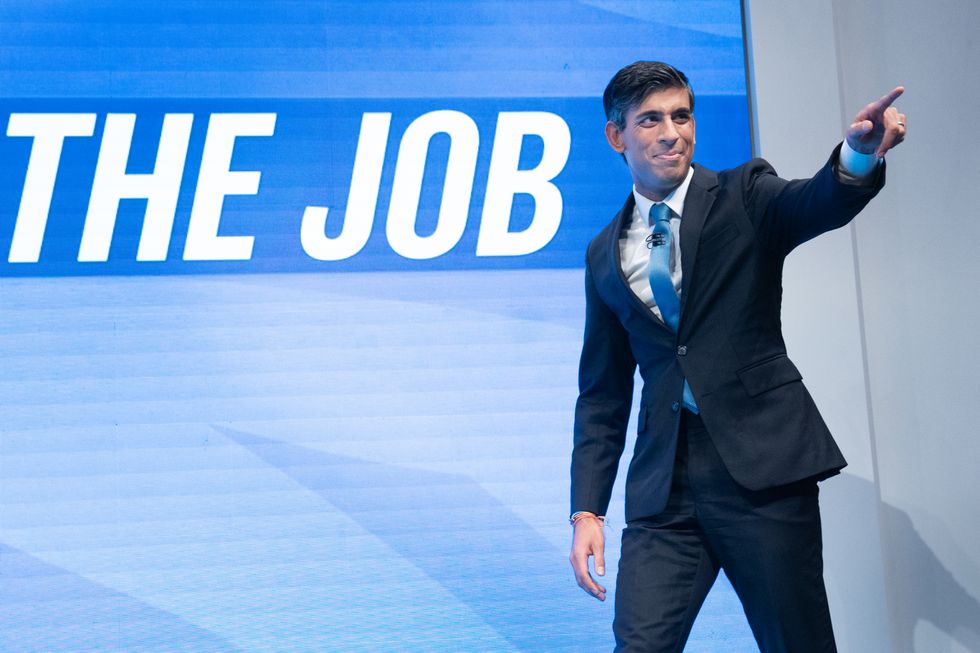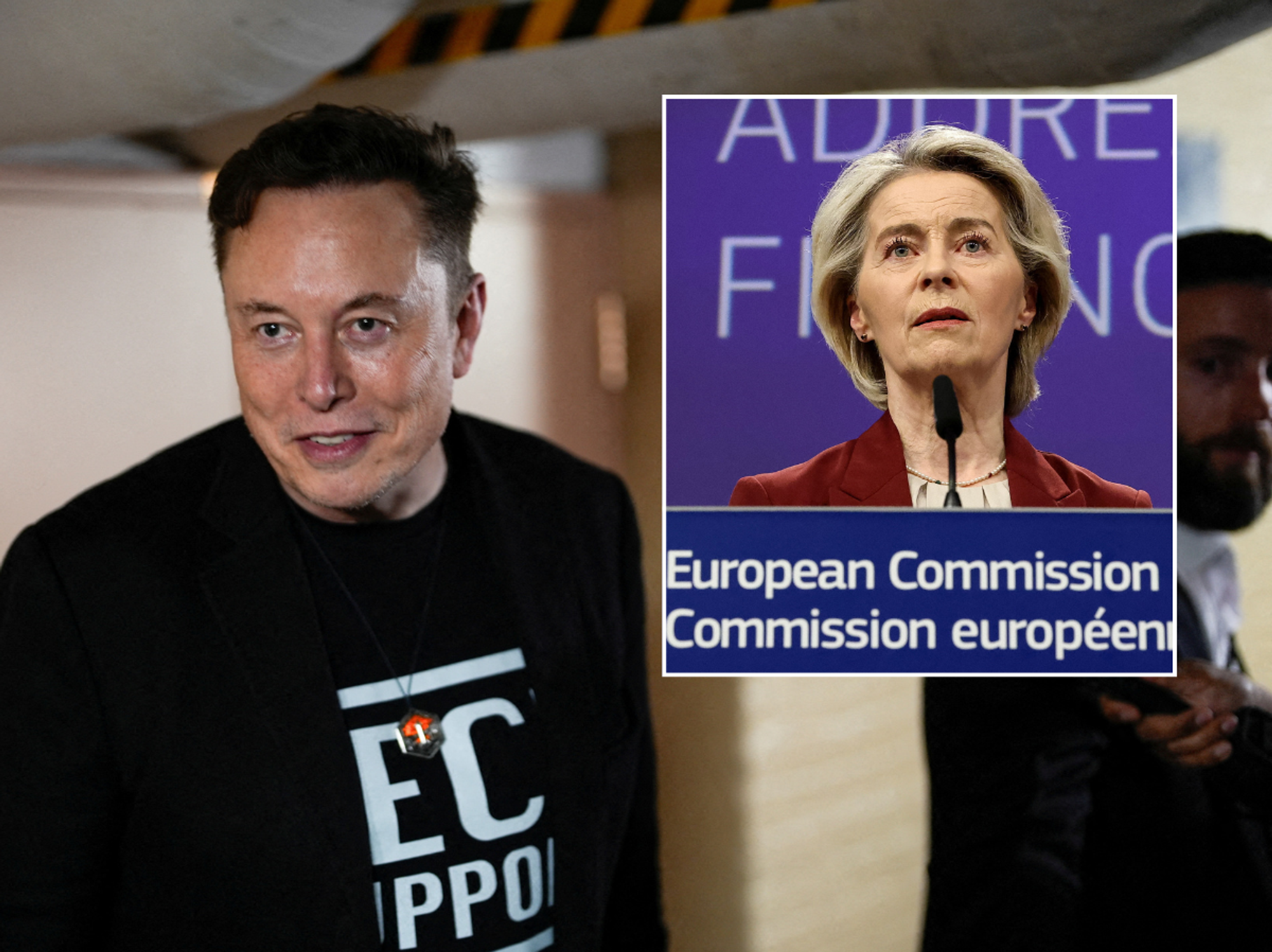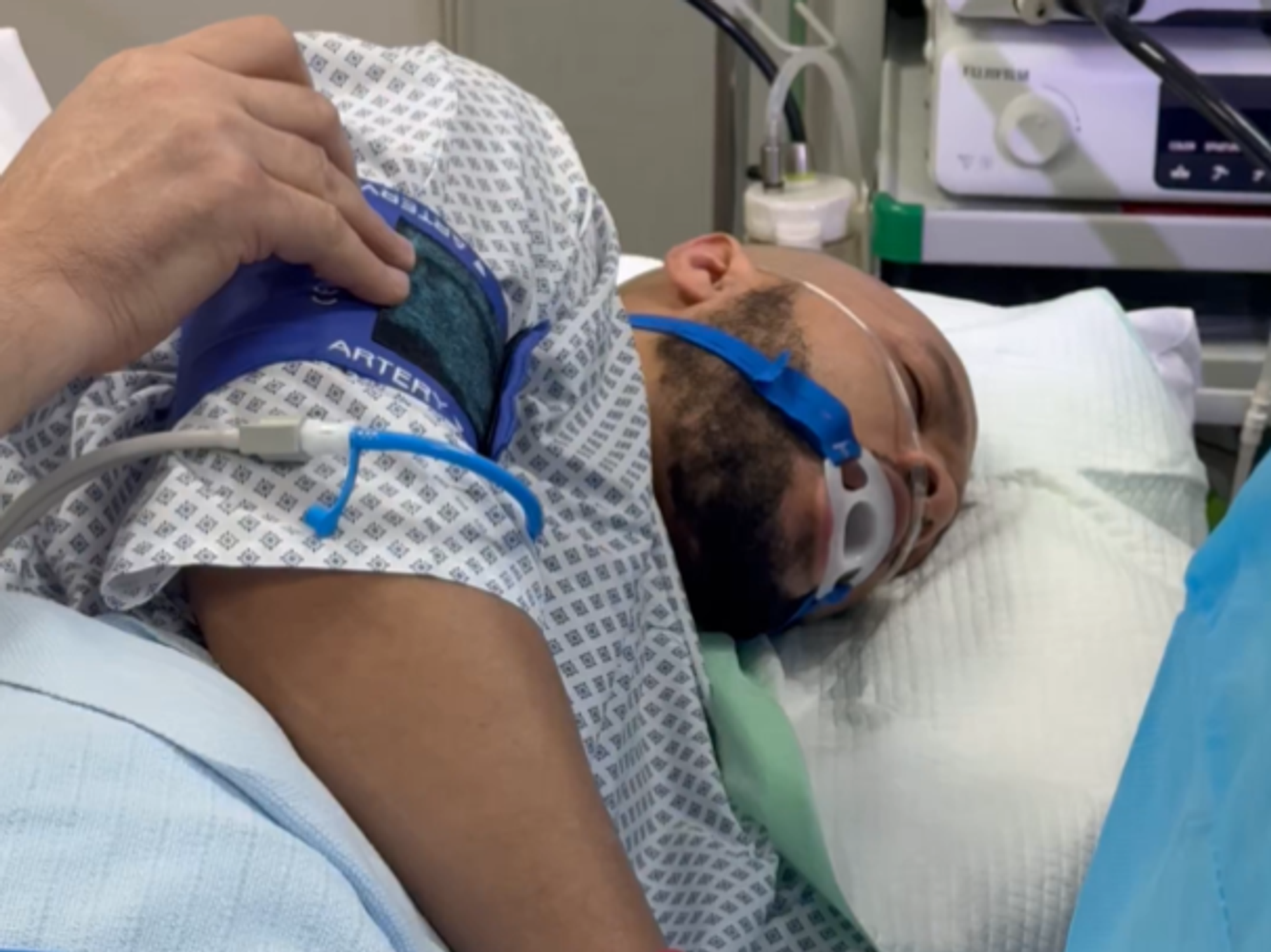Government borrowing reaches £319.9bn as rising inflation hits interest payments

| Stefan Rousseau
Government debt now stands at £2.2 trillion at the end of September – around 95.5% of GDP – the highest ratio since March 1963.
Don't Miss
Most Read
The Government’s interest payments bill on the huge debts built up during the Covid-19 pandemic hit £4.8 billion in September due to rising inflation, according to the Office for National Statistics (ONS).
The latest figure is the same amount as September last year, despite borrowing levels in the month falling and tax receipts rising year on year.
The ONS said this is due to the Retail Price Index measure of inflation rising – which is linked to Government interest payments – as the economy recovers.
Overall, the ONS said borrowing hit £21.8 billion in September, down from £28.8 billion a year earlier.
It added that last month’s figure was the second highest September for borrowing since records began in 1993.
The data shows that borrowing so far this financial year has reached £108.1 billion since the end of March – £101.2 billion less than the same period a year ago.
As a result of continued low tax receipts and high expenditure, the public sector borrowed £319.9 billion between end of March and September.
This is equivalent to 14.9% of gross domestic product (GDP), the highest ratio since the end of the Second World War when it was 15.2%.
Government debt now stands at £2.2 trillion at the end of September – around 95.5% of GDP – the highest ratio since March 1963.
The figures also reveal that Government spending is starting to fall – dropping £1.3 billion on September 2020 to £84.1 billion.
This was higher than the amount it received in taxes, which stood at £62.3 billion – £6.2 billion more than September last year. Tax revenue alone was up £4.7 billion to £45.6 billion.
As the economy started to recover, receipts on purchases increased compared with a year ago, with VAT collected up 4.5% and fuel duty payments rising 6%.
However, alcohol and tobacco tax takes fell 12.7% and 7% respectively.
The ONS also said corporation tax payments were up 11.3%, although it warned that the introduction of tax deductions to allow companies to invest in new plants and machinery could affect the numbers and it is too early to say what impact it is having.
Details on the final cost of the Covid furlough scheme, which ended last month, will be released next month, the ONS added.
Chancellor Rishi Sunak said: “Our recovery is well under way – with more employees on payrolls than ever before and the fastest forecast growth in the G7 this year – but the pandemic has had a huge impact on our economy and caused our debt levels to rise.
“At the Budget and Spending Review next week I will set out how we will continue to support public services, businesses and jobs while keeping our public finances fit for the future.”
Michal Stelmach, senior economist at KPMG UK, said: “Ahead of next week’s Budget, the Chancellor faces a cocktail of slowing recovery, vulnerable labour market and public debt at its highest level since the 1960s, while the recent lifting of restrictions on creditor actions could trigger a wave of corporate insolvencies.”
He added: “With rising inflation putting extra pressure on the cost of servicing government debt, the focus will now return to balancing the books.”










